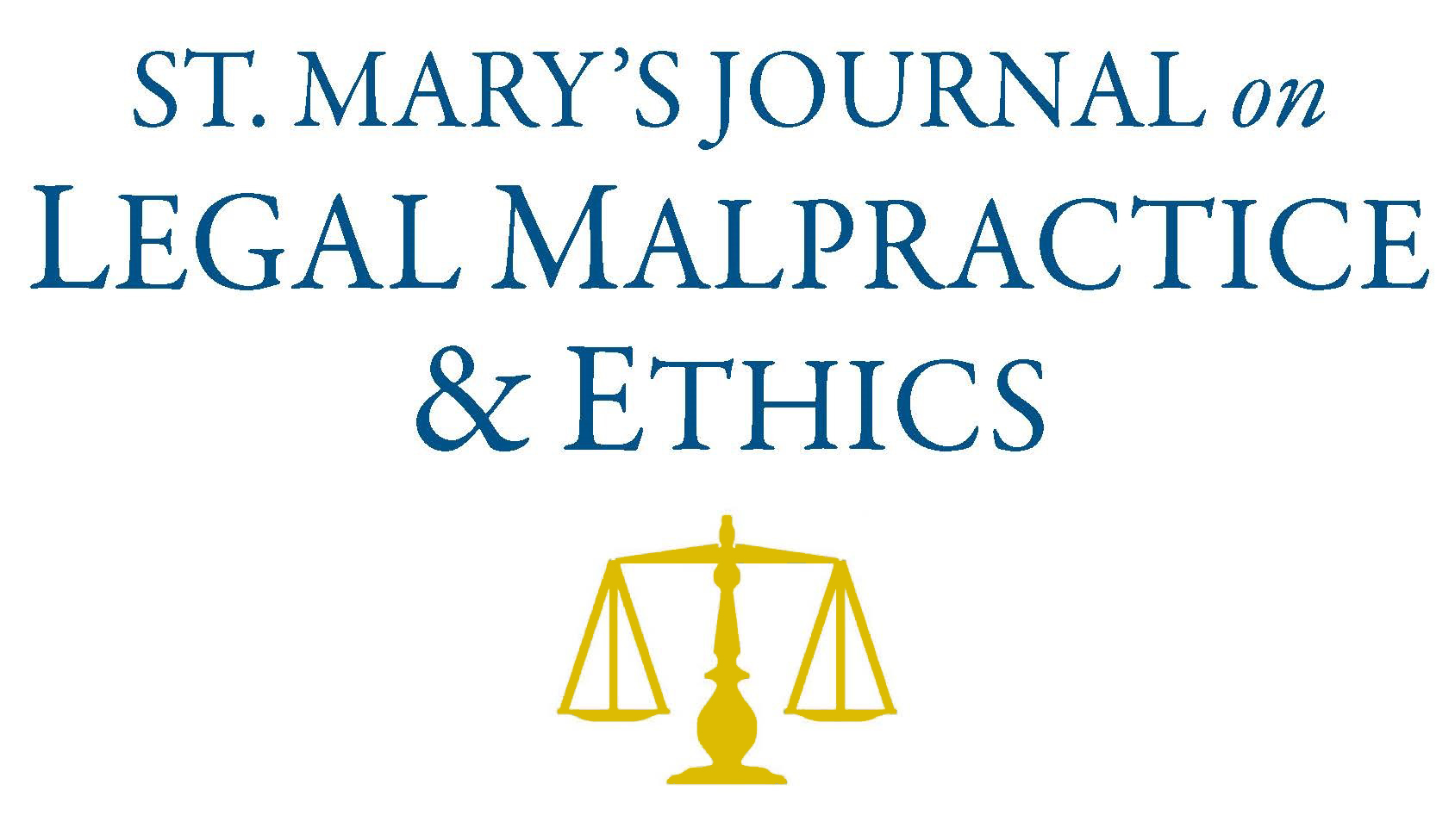
First Page
164
Date Created
1-1-2013
Publisher
St. Mary's University School of Law
Editor
Charles Ipock
Last Page
203
Abstract
Certain Texas cases have arisen where one party in litigation sues the attorney representing an opposing party. In response to such cases, Texas courts promulgated a judicial doctrine generally referred to as the litigation privilege or qualified immunity in order to protect litigants’ right to zealous representation from their attorney. The general rule is that one party to a lawsuit cannot sue the other party’s attorney. However, exceptions to this doctrine exist. This article explores the contours of the litigation privilege in Texas by analyzing the primary Texas cases where one party’s claim against the opposing party’s attorney was dismissed based on the litigation privilege and discussing relevant Texas cases where the court found an exception to the litigation privilege, therefore allowing one party in litigation to sue an opposing party’s attorney.
Recommended Citation
Sam Johnson,
The Litigation Privilege in Texas.,
3
St. Mary's J. on Legal Malpractice & Ethics
164
(2013).
Available at:
https://commons.stmarytx.edu/lmej/vol3/iss1/5
Included in
Law and Society Commons, Legal Ethics and Professional Responsibility Commons, State and Local Government Law Commons

